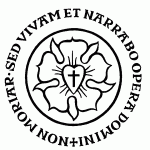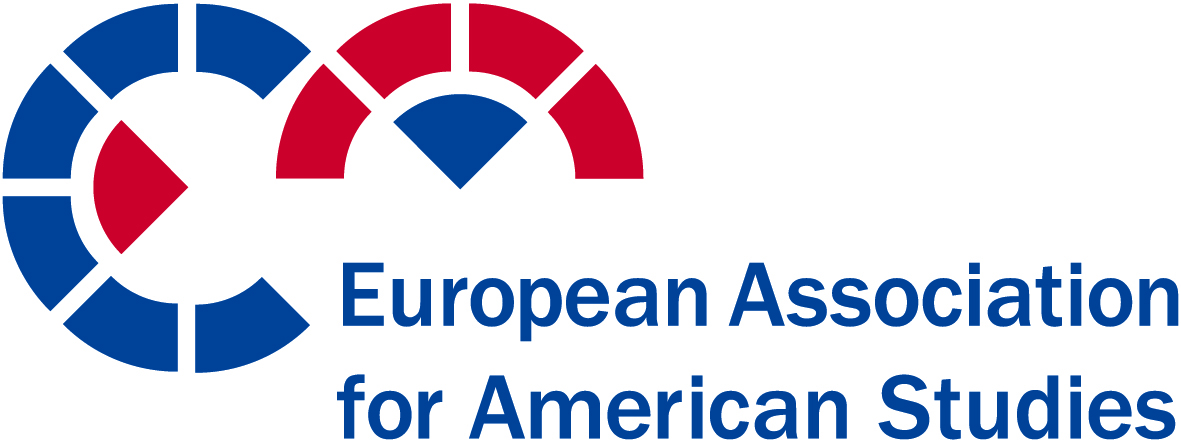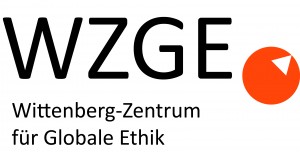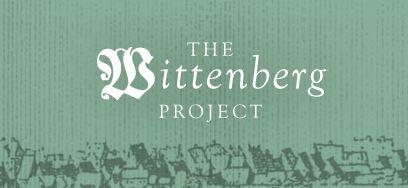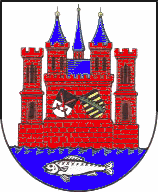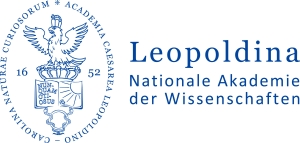The LEUCOREA Foundation cooperates with many different national and international scientific, cultural and tourist initiatives, associations and institutions.
Institute for German Language and Culture at the Martin Luther University Halle-Wittenberg
The Institute aims to promote further cooperation and existing relationships with partners of the Martin Luther University at its location in Wittenberg. One of its main functions is the organisation and promotion of German language and culture courses for foreign students and doctoral candidates.
Institute for University Research Halle-Wittenberg (HoF)
The work of this institute focuses on scientifically analysing the development and structure of university education in Germany and in an international context. The institute has an extensive special collection of current and historical literature and information at its disposal (currently 56,500 media units) on the subject of universities and university education.
Public Administrative Office “Luther 2017”
Under the umbrella of the LEUCOREA Foundation, an administrative seat of the Luther Memorials Foundation of Saxony-Anhalt was instituted in late 2007, which attends to preparations for the anniversary of the Reformation in 2017, and the ‘Luther decade’. Building on this administrative seat, the public administrative office “Luther 2017” was established in cooperation with the German government, the State of Saxony-Anhalt, the Free State of Saxony, the Free State of Thuringia, the Free State of Bavaria, the State of Hessen, the State of Brandenburg, and the State of Rheinland-Pfalz.
Luther Society
Since its foundation in 1918, the Luther Society is a public presence: holding lectures and seminars, organizing opportunities for further education, and publishing the magazine „LUTHER“. The society provides a scientific forum with the “Luther Journal” (“Lutherjahrbuch”), the mouthpiece of international research on Luther. The society thus has a voice not only in social and cultural life in Wittenberg but also in national and international research contexts.
CAMPUS WITTENBERG e.V.
In this association, institutions and individuals from the city of Wittenberg have assembled a network aiming to improve communication surrounding new and existing educational opportunities, and to follow tradition by actively addressing current societal discourses.
Luther Trail Society
The Luther Trail is a joint project involving churches, tourism associations, local governments and further participants. It is intended for pilgrims, hikers and visitors who are interested in the Reformation and its influence. The regions of Saxony-Anhalt, Saxony, Thuringia, Hessen and Bavaria participate in this touristic, educational project.
Luther Memorials Foundation of Saxony-Anhalt
The Foundation was established in 1997. There are four museums under its care: The Luther House and the Melanchthon House, both in Wittenberg, and Martin Luther’s birth house and the museum in the house where Luther died, both in Eisleben. Since 1996, all four houses have been UNESCO World Cultural Heritage sites. Some administrative areas and academic assistants work under the umbrella of the LEUCOREA Foundation. Both foundations are members of the “Research Library for Reformation History” (founded in 2012), which will be located in the Wittenberg Palace in the future.
European Association of American Studies (EAAS)
The European Association of American Studies (EAAS) brings together 22 national and international societies for American studies, which represent 35 European countries. The legal seat of the association is in the LEUCOREA Foundation. In addition to the EAAS archive, the archive of the German Society for American Studies (DGfA) is managed and scientifically surveyed in the Foundation’s main building.
Association for Church History of the Ecclesiastical Province of Saxony
The Association for Church History of the Ecclesiastical Province of Saxony supports the study of local, regional and regional church history in the area of the former ecclesiastical province of Saxony. It aims to make this regional historical research available to a wider public through use of various media.
Wittenberg Centre for Global Ethics (WZGE)
The Wittenberg Centre for Global Ethics aims to provide ethical orientation and competencies for responsible action to current and future decision makers in economics, politics and society.
International Lutheran Society of Wittenberg (ILSW)
Participants in the ILSW include the independent Protestant Lutheran Church in Germany (SELK), the Lutheran Church Missouri Synod in the U.S.A. (LCMS) and the clerical publishing house, Concordia, in St. Louis, Missouri. The society aims to motivate office holders, congregation members and students of worldwide Lutheranism to complete a study visit in Wittenberg.
Refo500
The LEUCOREA is a member of Refo500, an international platform which provides expert knowledge, ideas, activities and products related to the Reformation in the 16th century and its relevance today. RefoRC is the academic department of this platform, which connects the LEUCOREA with other academic partners.
Lutherstadt Wittenberg
As the city where the university was founded in 1502, and the starting location of the Reformation, Wittenberg is connected to the LEUCOREA through its history and that of the university. Local politics are an important element in the framework in which the LEUCOREA fulfils its functions. The city of Wittenberg delegates two representatives to the Board of Trustees of the LEUCOREA Foundation.
Leopoldina National Academy of Sciences, Study Centre
The Study Centre offers working space for visiting scientists who would like to use the Leopoldina’s archive and library. In addition, the Study Centre initiates programmes to systematically process the Leopoldina’s library and archival collections and to make them publically accessible. It acquires projects and offers employees of the projects institutional support. The Study Centre coordinates the Leopoldina’s long-term projects.
Friedrich-Schiller-Universität Jena
Binnen weniger Jahre seit der politischen Wende in Ostdeutschland hat sich die kleine thüringische Universitätsstadt Jena wieder zu einem Wissenschaftszentrum von internationalem Rang gemausert. Bei allem Neuanfang blickt man jedoch gern zurück auf die großartigen Traditionen dieses Wissenschaftsortes: Goethe, Schiller, Hegel und Fichte prägten das Geistesleben, Abbe, Zeiß und Schott legten den Grundstein für wirtschaftliche Prosperität.
Heute leben und arbeiten fast 25.000 Universitäts- und Fachhochschul-Studierende in der 100.000 Einwohner-Stadt im Saaletal. Mit dem Lehrstuhl für Kirchengeschichte der Theologischen Fakultät der Friedrich-Schiller-Universität haben sich enge Formen der Zusammenarbeit etabliert.
Universität Leipzig
Die über 600 Jahre alte Universität Leipzig ist in 14 Fakultäten und über 150 Institute gegliedert. Ihr Anspruch in Forschung und Lehre zielt – getreu ihrem Leitmotto »Aus Tradition Grenzen überschreiten« – gleichwohl immer auch auf Inter- und Transdisziplinarität, auf die Überschreitung von Fakultäts- und Institutsgrenzen. Inhaltlich und forschungsorganisatorisch vielfach vernetzt ist die Stiftung LEUCOREA besonders mit dem Institut für Sächsische Landesgeschichte am Historischen Seminar sowie mit dem Lehrstuhl für Spätmittelalter und Reformation an der Theologischen Fakultät.
Leibniz-Institut für Europäische Geschichte
Das Leibniz-Institut für Europäische Geschichte (IEG) in Mainz verdankt seine Gründung 1950 den internationalen Historikergesprächen nach dem Zeiten Weltkrieg, in denen sich vor allem deutsche und französische Teilnehmer für eine dauerhafte europäische Zusammenarbeit einsetzten. Es handelt sich um ein außeruniversitäres Forschungsinstitut, das sich mit seinen Forschungen in der religionsgeschichtlichen Abteilung unter anderem mit der religiösen und konfessionellen Pluralisierung in der frühen Neuzeit beschäftigt.
Martin Luther University Halle-Wittenberg
The largest university of the region (over 2,000 students) carries out research and education in Halle (Saale) within the Faculty of Theology, the Faculty of Law, Economics and Business, the Faculty of Medicine, three Faculties of Philosophy and three Faculties of Natural Sciences. The university emerged from the unification (1817) of the universities in Halle (founded in 1694) and in Wittenberg (founded in 1502). As a Foundation of the Martin Luther University Halle-Wittenberg, the LEUCOREA has close ties with the university and represents its origins in Wittenberg.



